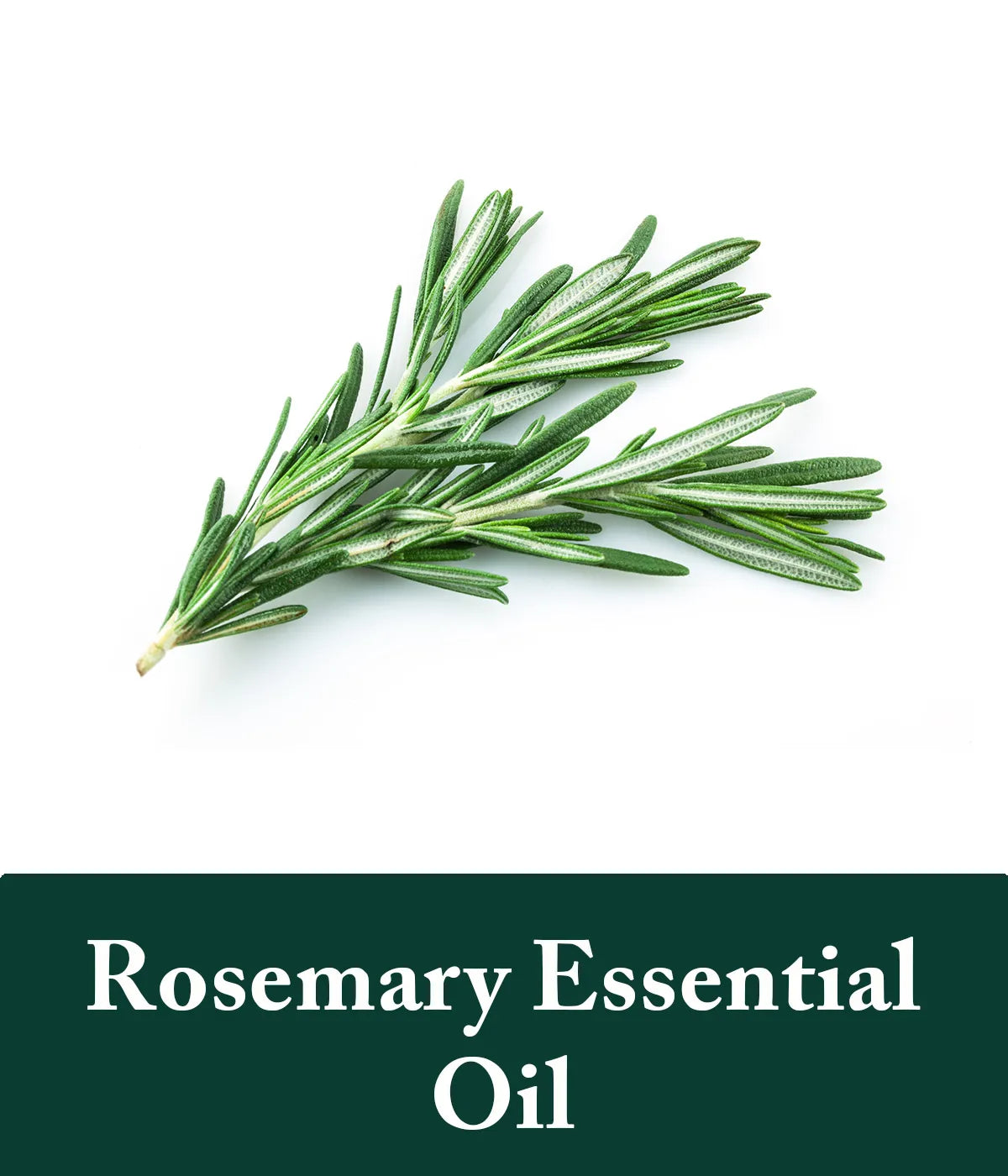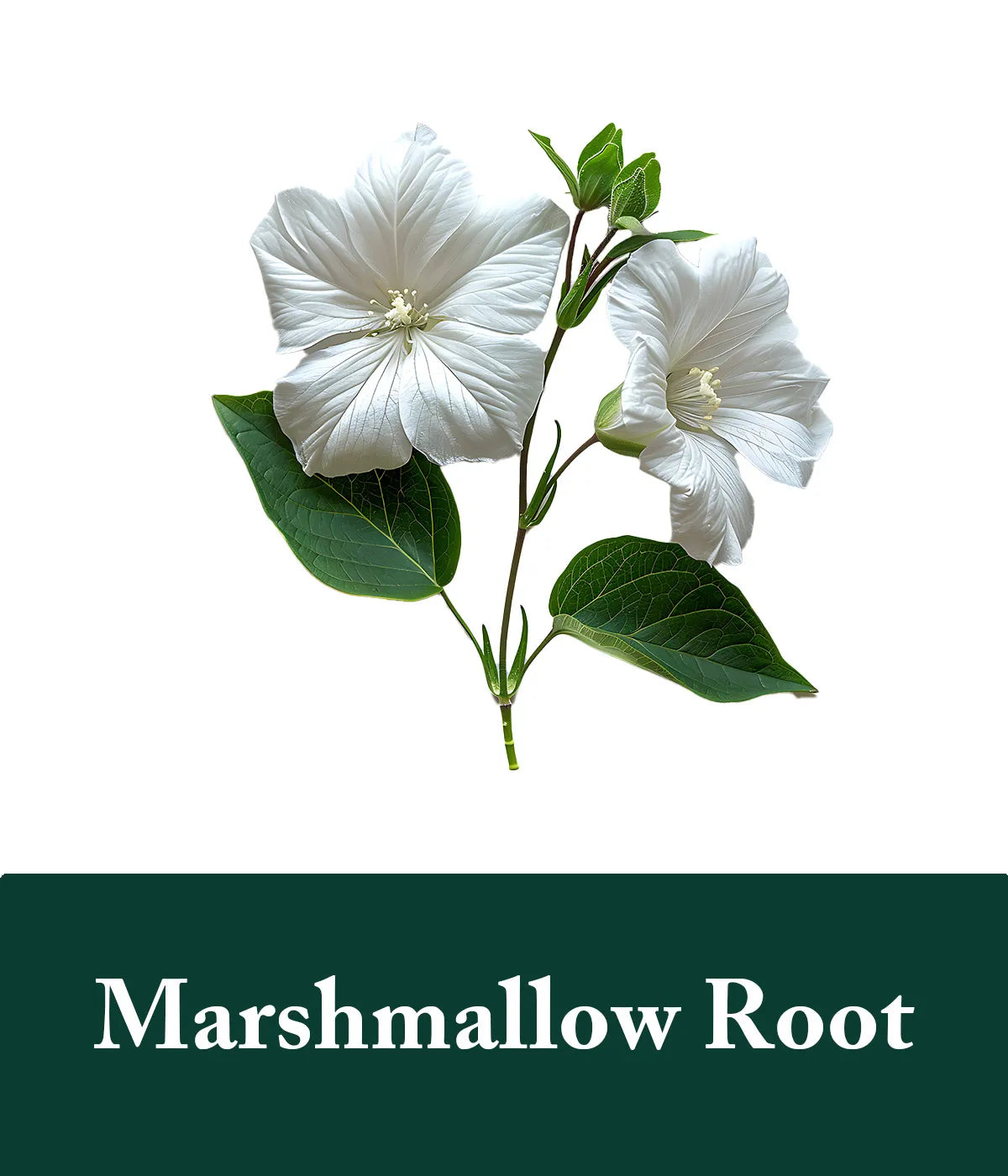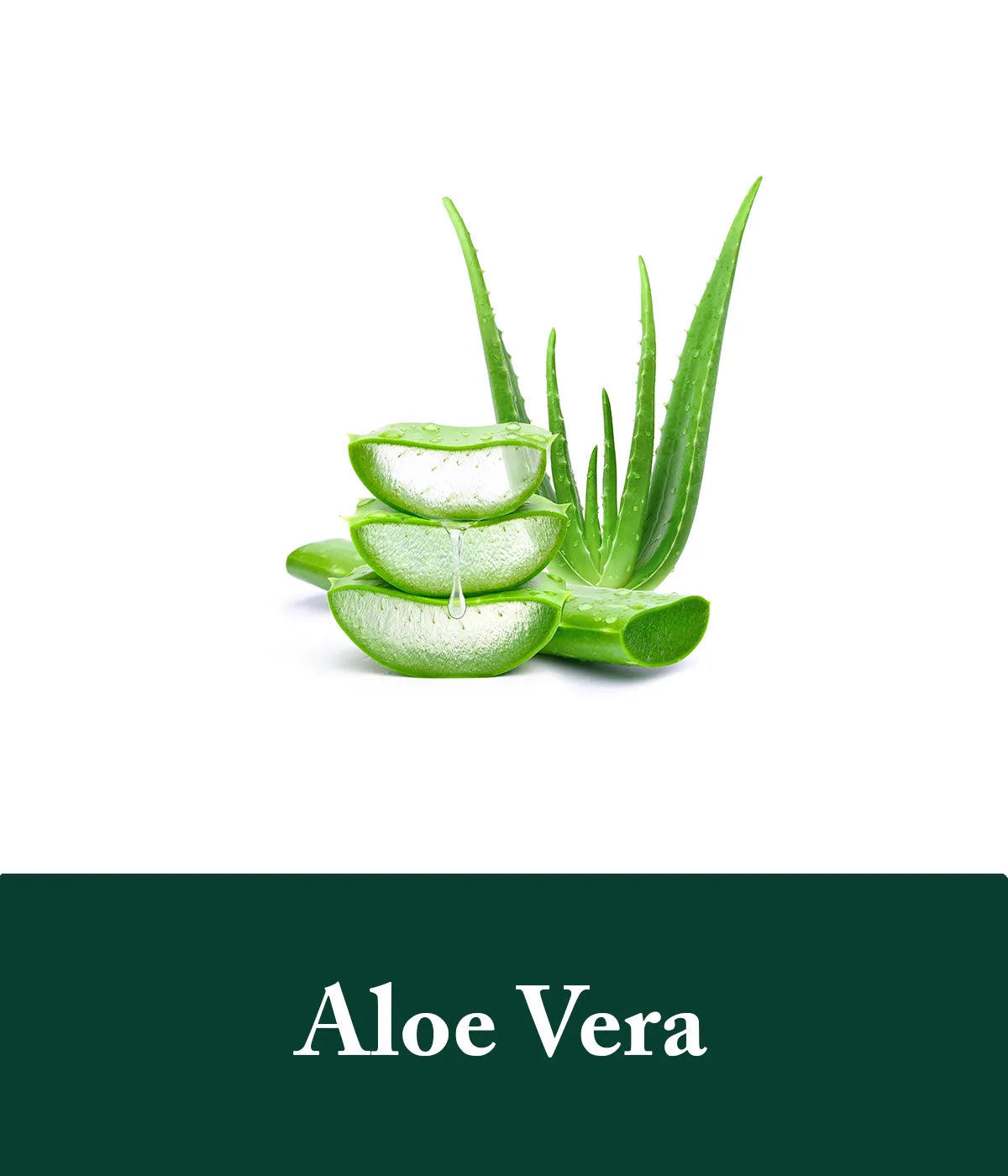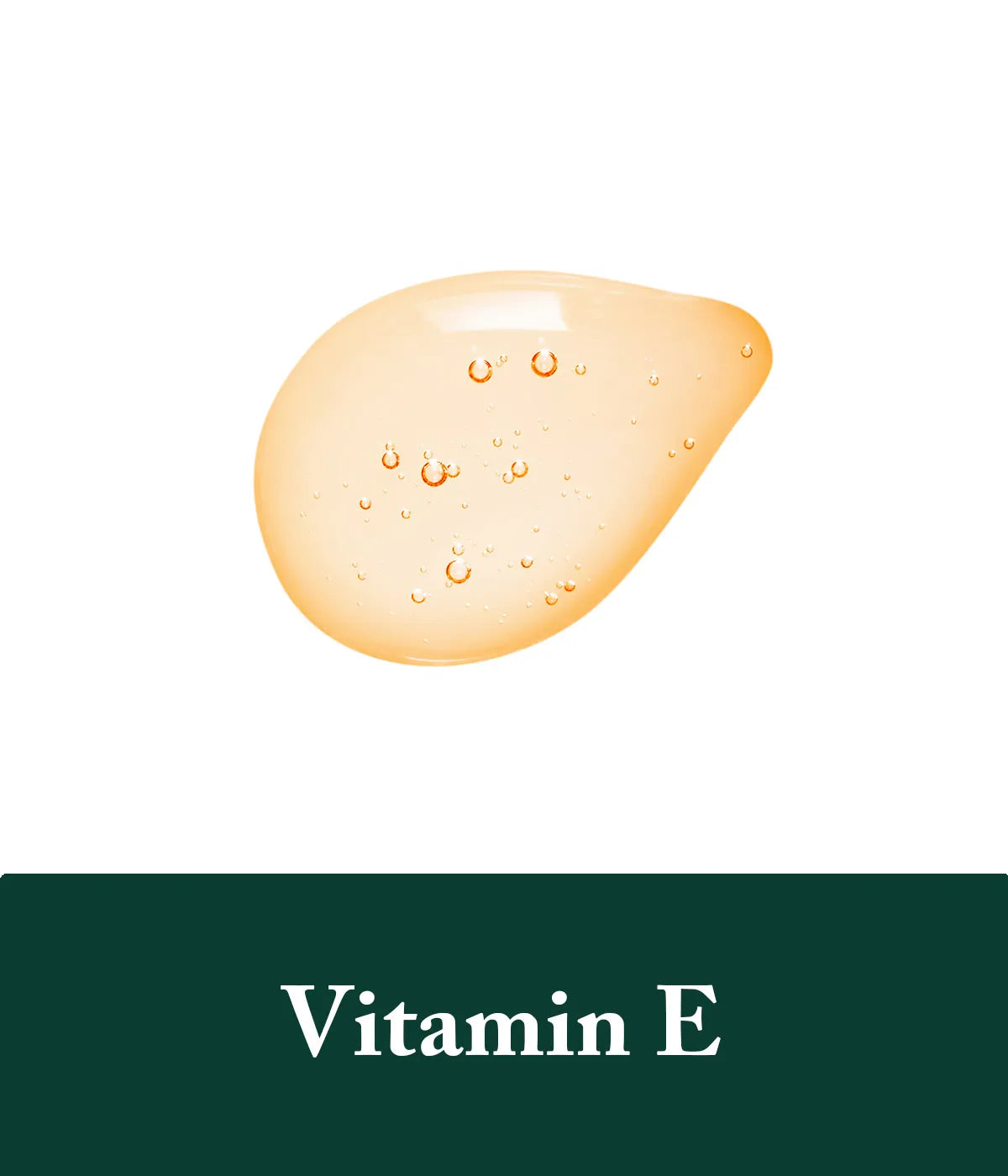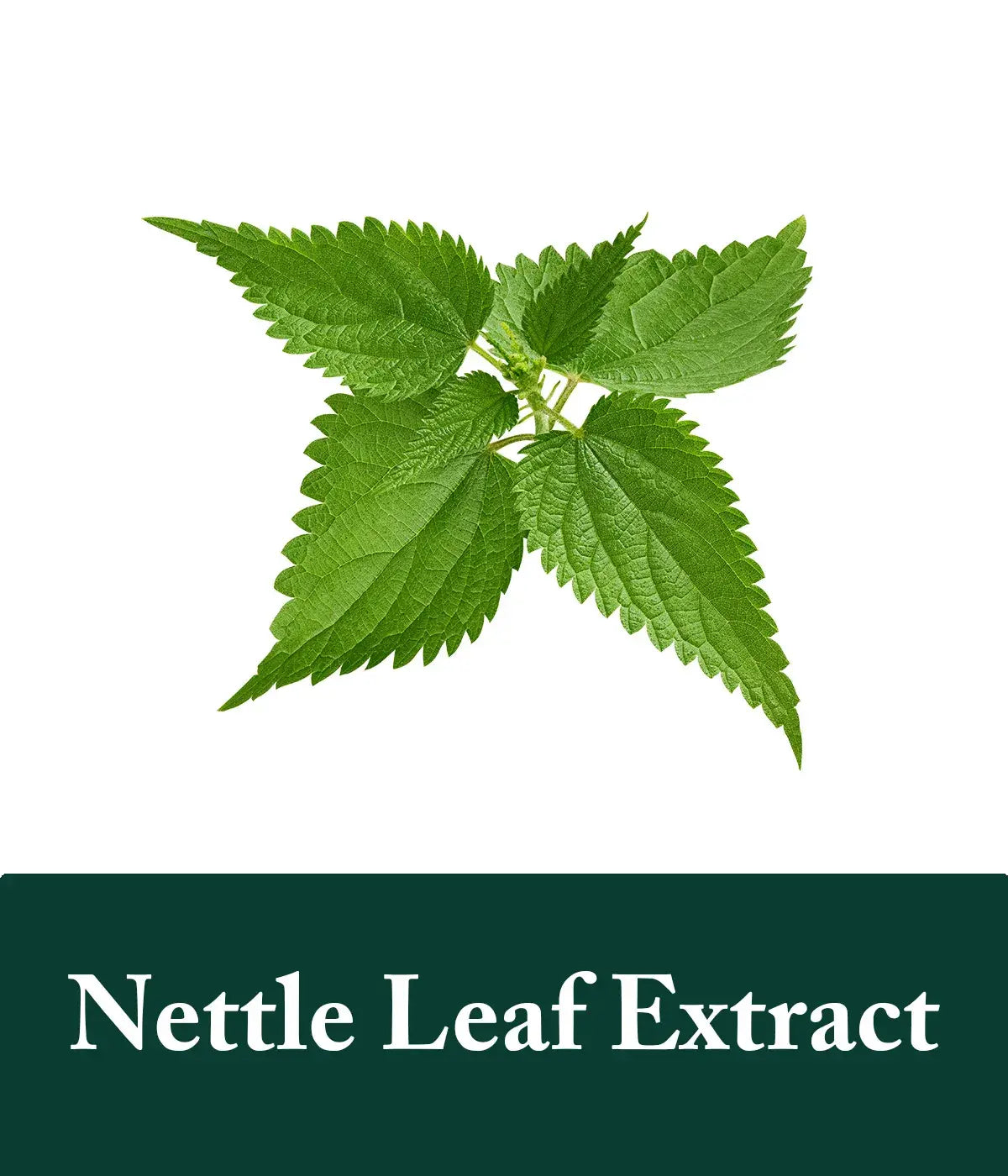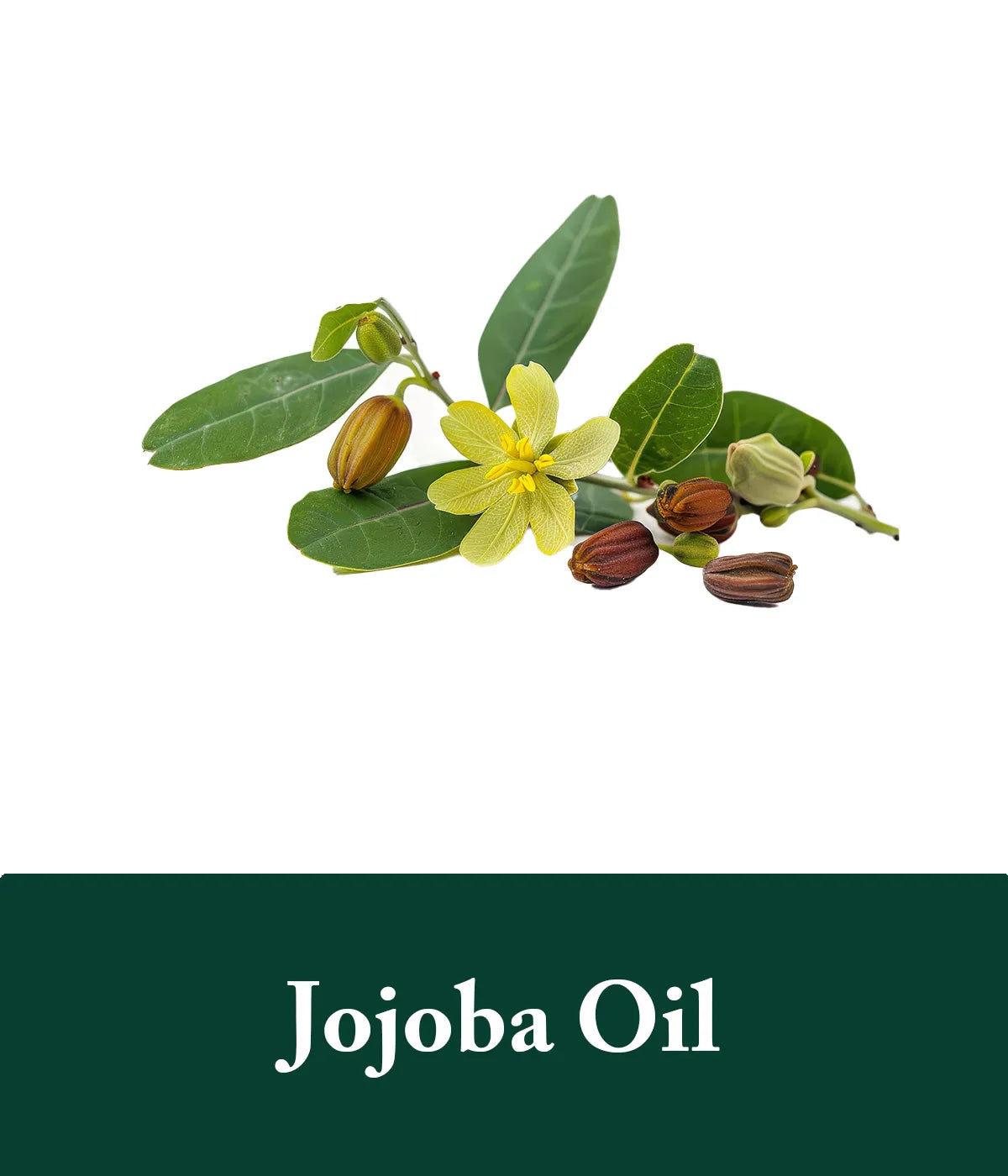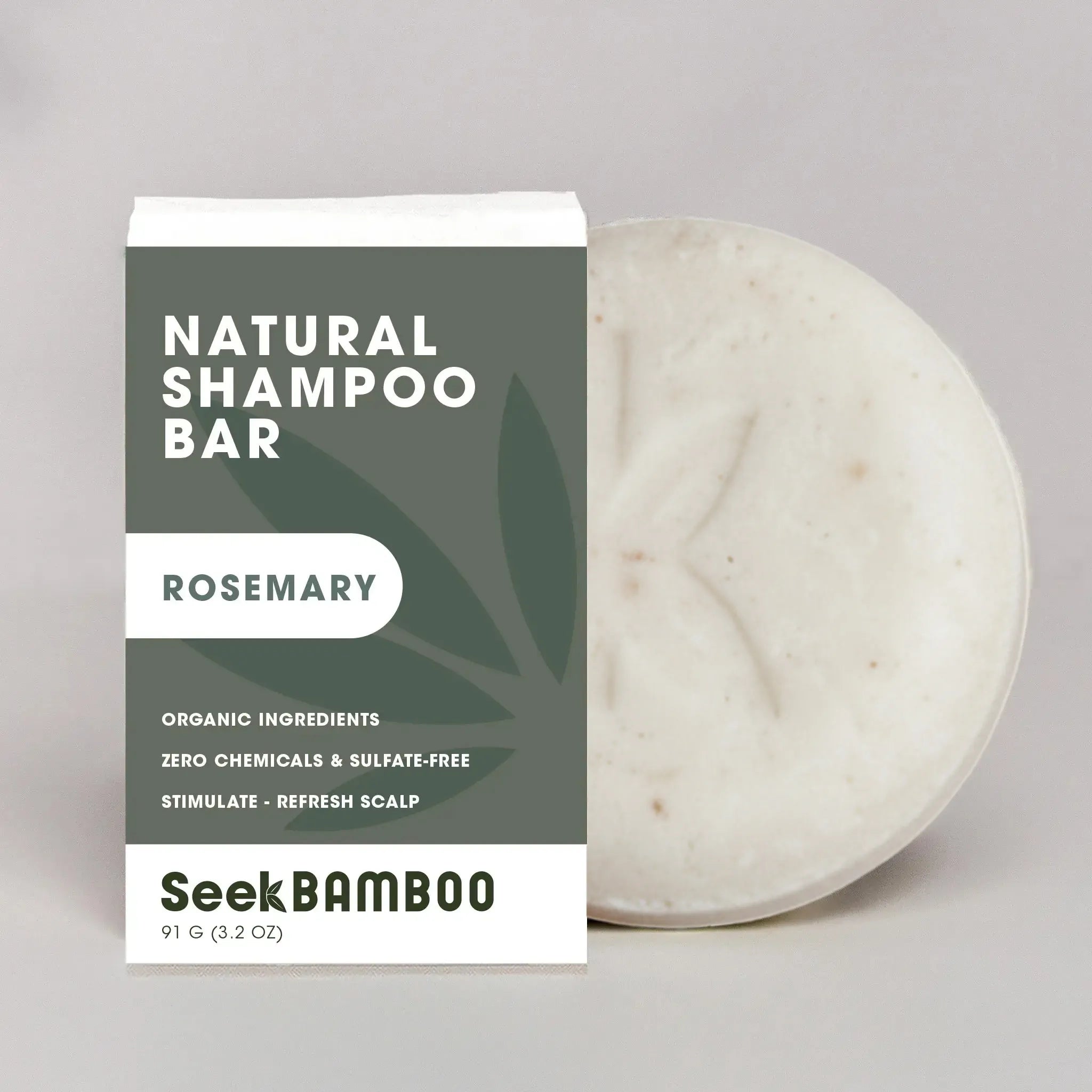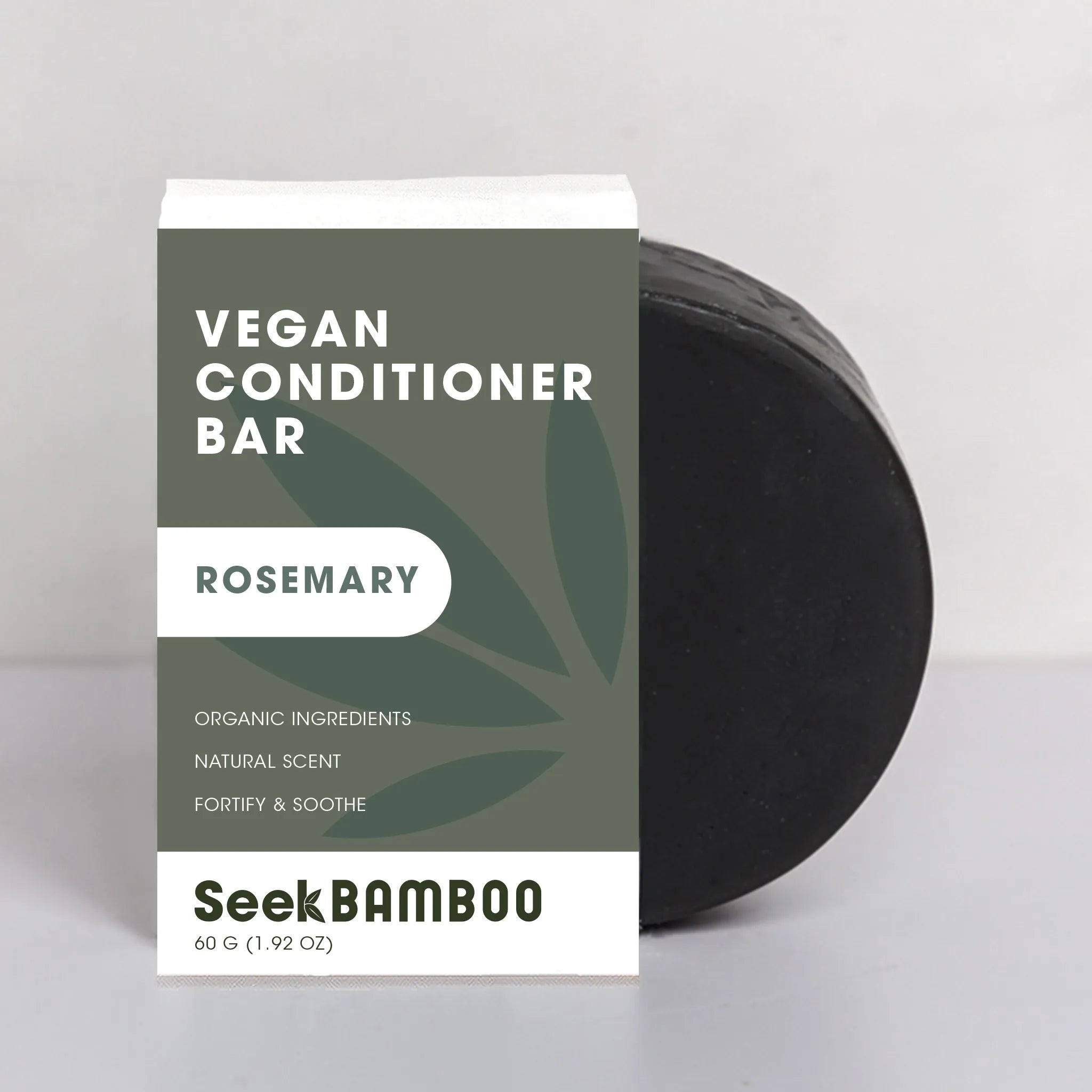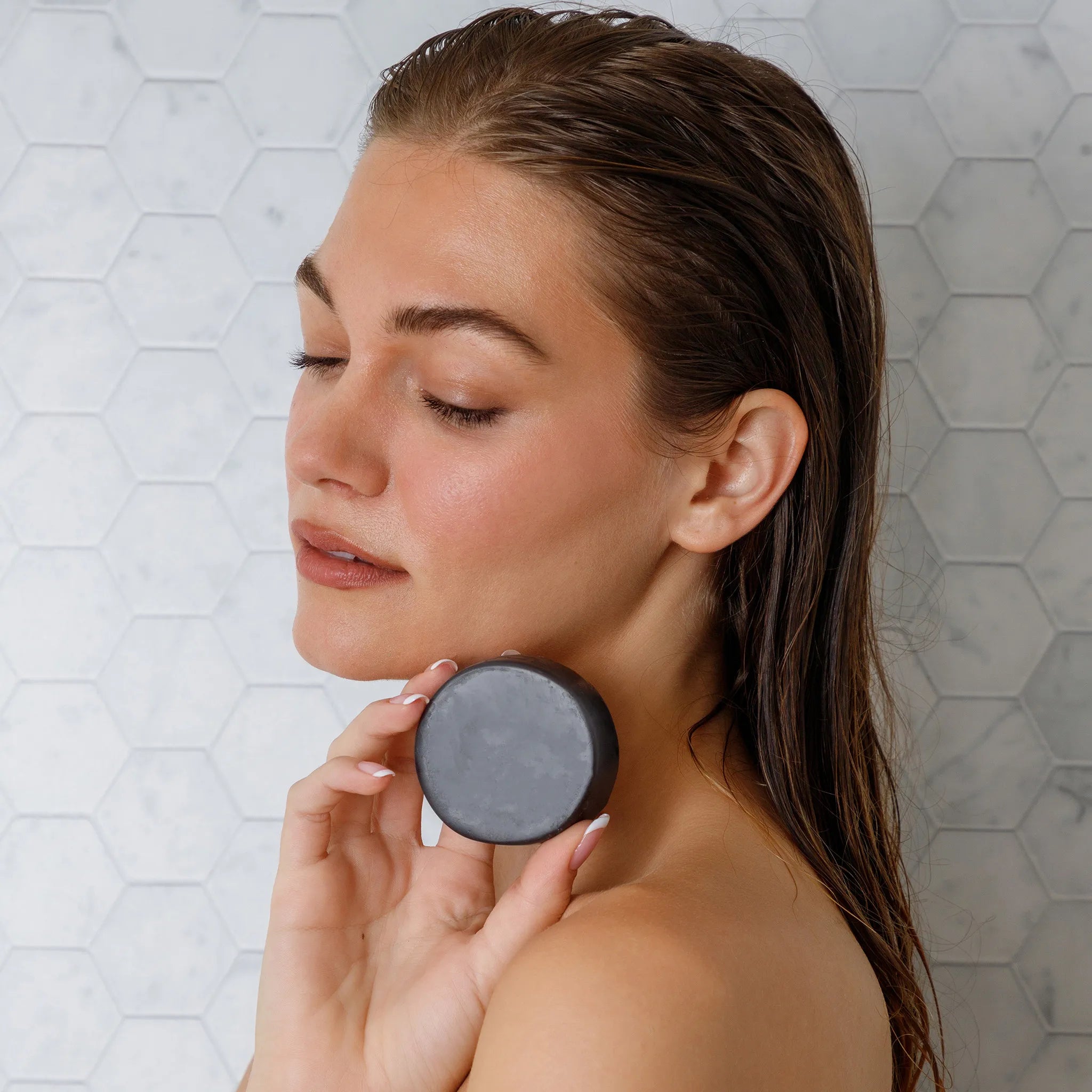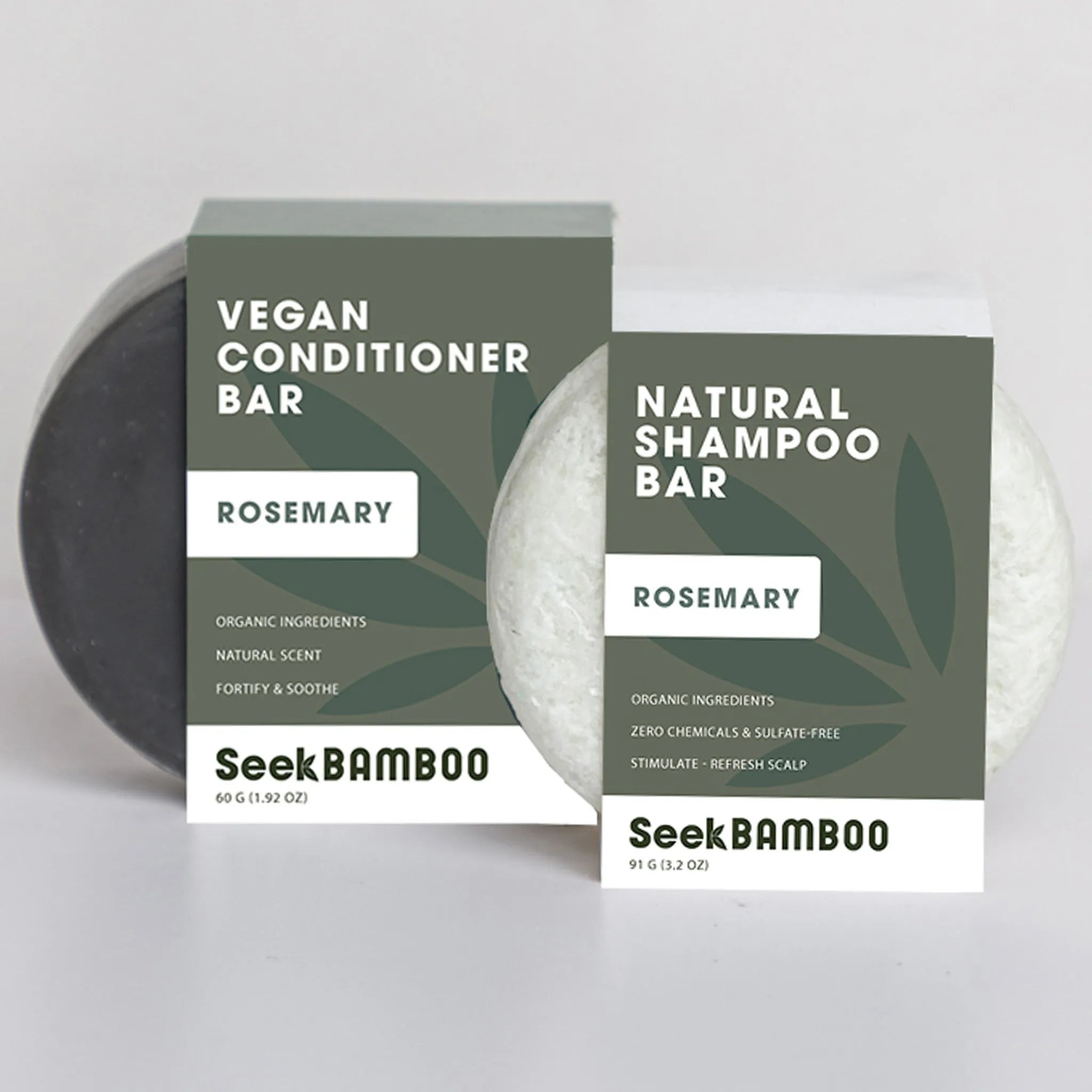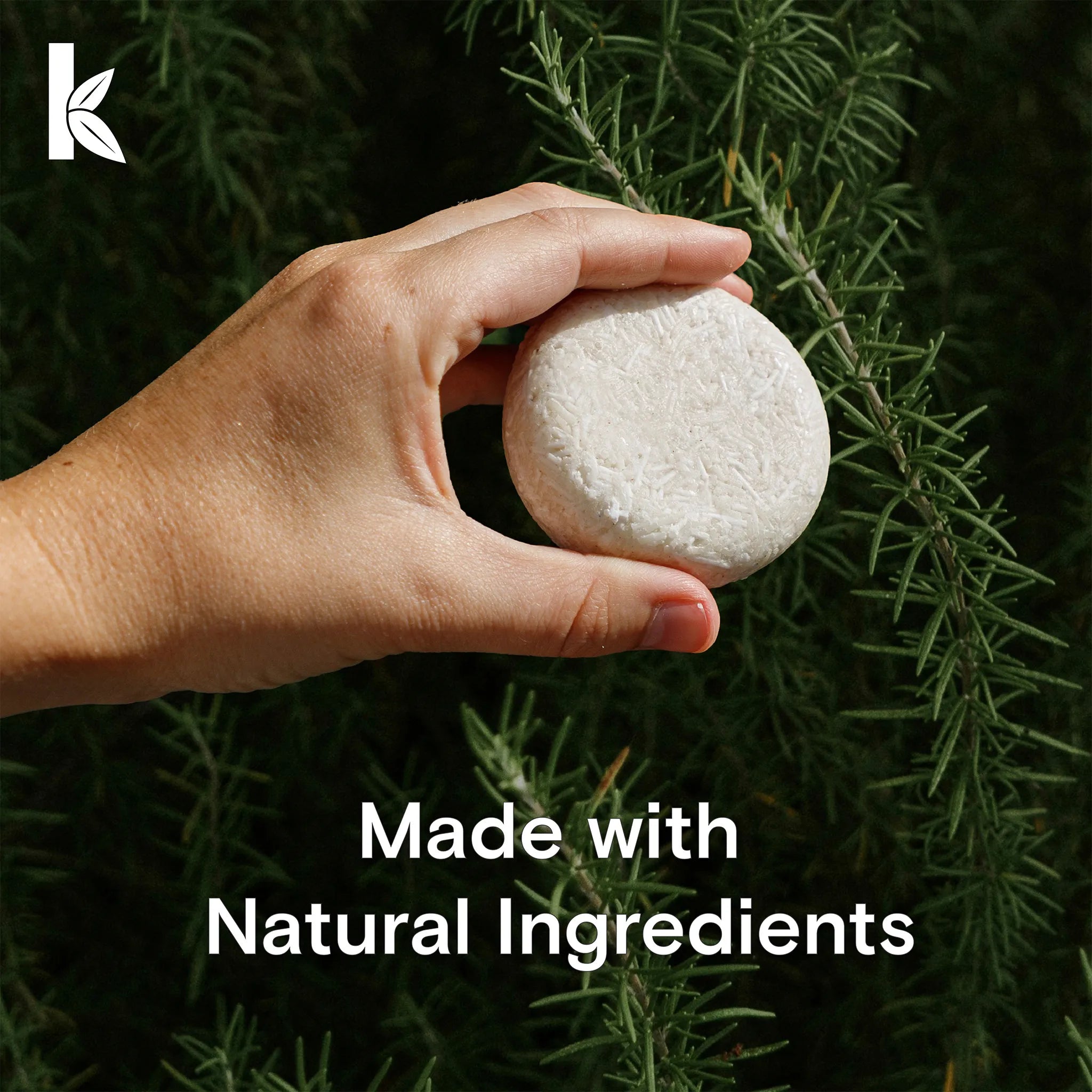Rosemary
Rosemary, scientifically known as Rosmarinus officinalis, is a fragrant, evergreen herb native to the Mediterranean region. It has been cherished for centuries, not only as a culinary staple but also for its numerous medicinal and therapeutic benefits. This aromatic herb holds a significant place in history, mythology, and wellness practices across various cultures.
A Brief History of Rosemary
Rosemary’s story dates back thousands of years. In ancient Greece, it was believed to improve memory and was often worn by scholars during examinations. The Romans, too, revered the herb, using it in religious ceremonies, weddings, and as a symbol of fidelity. Even in Egyptian culture, rosemary has been discovered in tombs as part of the preservation process for the dead.
Throughout history, rosemary became associated with mental clarity and remembrance. It is said that during the plague, people burned rosemary branches to purify the air, trusting in its antibacterial properties. Its medicinal uses spread widely, making it a key element in traditional remedies for boosting health and well-being.
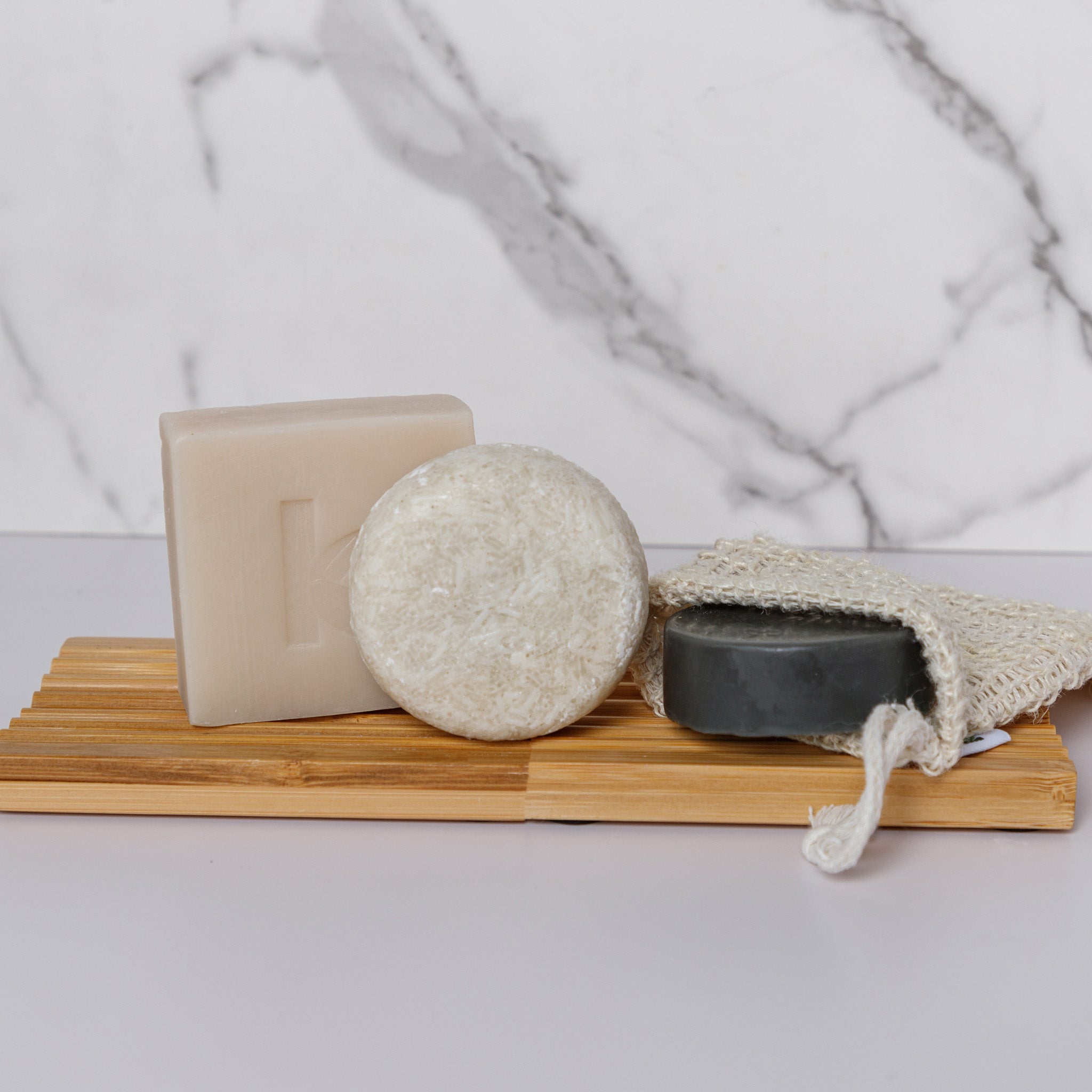


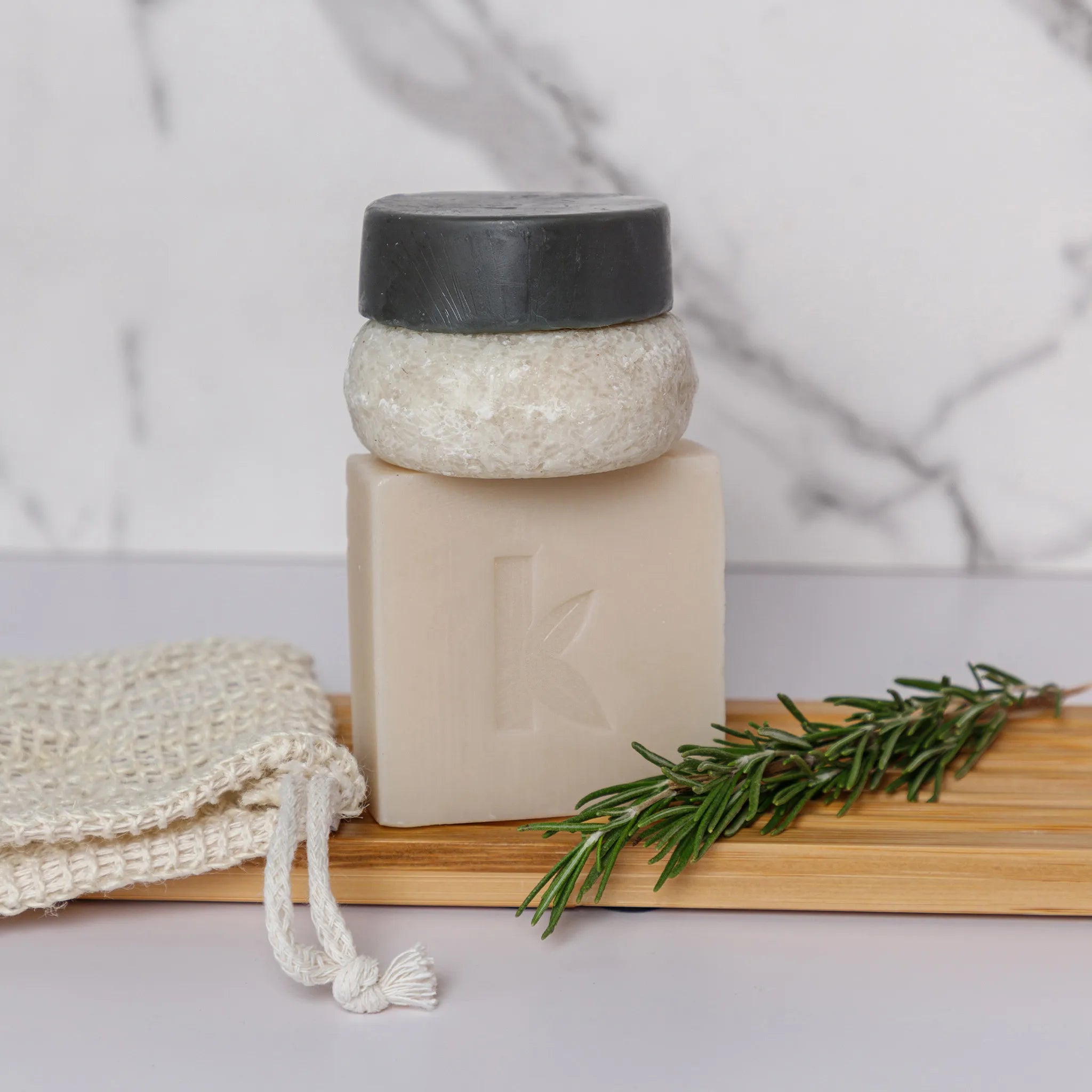
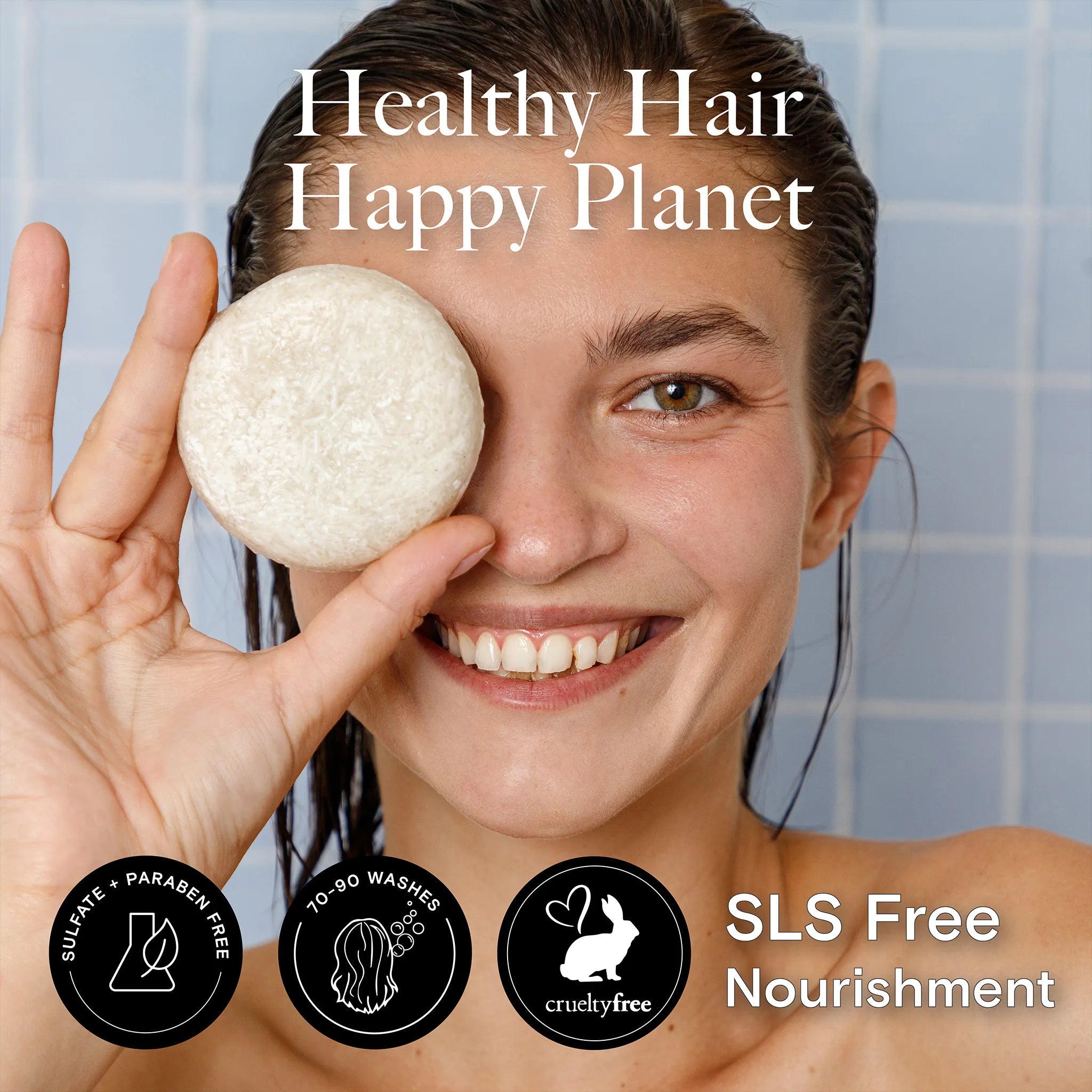


What Is Rosemary?
Rosemary is more than just a flavorful herb used in kitchens. It’s a powerhouse in the world of herbal medicine and natural beauty. The plant is rich in antioxidants, essential oils, and bioactive compounds that are known to promote healing. As an herb, rosemary can be used fresh or dried, and its essential oil has gained popularity for its wide range of applications—from hair care and skincare to aromatherapy.
When used in essential oil form, rosemary becomes even more potent, offering concentrated benefits for memory, focus, and overall wellness. Its stimulating and rejuvenating effects have made it a go-to ingredient in many natural products.
As you continue to explore all things rosemary, you’ll discover that it is not just an herb with a rich past but a modern-day essential for wellness, health, and beauty. Whether it’s in your diet, skincare routine, or daily wellness practice, rosemary’s versatile benefits make it a herb worth celebrating.

Health Benefits of Rosemary
Rosemary is more than just a flavorful herb; it’s a natural remedy with impressive health benefits that span across hair care, skincare, mental wellness, and more. Packed with antioxidants and anti-inflammatory compounds, rosemary has become a popular choice for those looking to enhance their natural beauty and overall well-being. Let’s explore the specific health benefits that rosemary can offer:
Hair Health
One of the most well-known benefits of rosemary is its ability to promote healthy hair growth. Rosemary oil has been traditionally used to stimulate hair follicles, improving circulation to the scalp and encouraging new hair growth. It’s an effective natural remedy for conditions like alopecia (hair loss) and can also help prevent thinning hair as we age.
In addition to promoting growth, rosemary helps to strengthen existing hair, reducing breakage and split ends. It also has antimicrobial properties, making it a great choice for reducing dandruff and maintaining a healthy scalp. Whether used in the form of a rosemary-infused hair rinse or a nourishing shampoo bar, this herb is a powerful tool for vibrant, healthy locks.
Skin Benefits
Rosemary's natural anti-inflammatory and antibacterial properties make it a wonderful addition to any skincare routine. It is especially effective for treating acne and oily skin due to its ability to cleanse and balance oil production. The antioxidants found in rosemary help to protect the skin from free radicals, which contribute to premature aging and skin damage.
Rosemary can also soothe irritated skin, making it ideal for people with sensitive or inflamed skin conditions. Its ability to promote circulation helps rejuvenate the skin, reducing puffiness and giving your complexion a healthy, youthful glow. Many skincare products incorporate rosemary for these reasons, and DIY rosemary-infused toners or facial oils are great natural alternatives.
Mental Clarity
Rosemary isn’t just beneficial for the body—it's also a powerful ally for the mind. The aroma of rosemary has been linked to improved cognitive function and memory. In fact, research has shown that inhaling rosemary essential oil can enhance concentration, mental clarity, and overall cognitive performance. This makes rosemary an excellent companion during periods of study or focus-heavy tasks.
Additionally, rosemary's soothing yet invigorating scent helps to relieve stress and anxiety. Whether used in aromatherapy, bath soaks, or even in a simple homemade room spray, rosemary can help create a calming atmosphere while boosting mental sharpness.
Anti-inflammatory Properties
Rosemary has long been used to help reduce inflammation in the body. Its anti-inflammatory compounds, such as rosmarinic acid, help alleviate muscle and joint pain, making it a popular choice for natural relief from conditions like arthritis and sore muscles.
Incorporating rosemary into your daily diet or wellness routine can also contribute to overall health by reducing chronic inflammation, which is a known contributor to many diseases. Whether in the form of teas, topical oils, or supplements, rosemary’s anti-inflammatory benefits can support a more balanced, pain-free life.
Uses of Rosemary in Everyday Wellness
Rosemary’s versatility extends beyond its health benefits. This herb can be seamlessly incorporated into your daily routine to enhance both your physical and mental well-being. From skincare rituals to digestive health, rosemary has a place in nearly every aspect of natural wellness. Let’s explore how you can use rosemary in your everyday life:
Aromatherapy
Rosemary essential oil is a staple in the world of aromatherapy, offering a natural way to relieve stress, improve focus, and promote better sleep. The invigorating scent of rosemary has been shown to stimulate the brain, enhance memory retention, and reduce feelings of anxiety.
To incorporate rosemary into your aromatherapy routine:
- Diffuse it: Add a few drops of rosemary essential oil to your diffuser and allow the scent to fill your space. This can be especially beneficial during work or study sessions when you need an extra boost in concentration and mental clarity.
- Inhalation: Add a drop of rosemary oil to a tissue or handkerchief, and take deep breaths whenever you need a moment of calm or mental clarity.
- Massage: Blend rosemary oil with a carrier oil (like coconut or almond) and gently massage it into your temples to alleviate tension headaches or promote relaxation after a stressful day.
Hair Care
Rosemary is a powerful ally in natural hair care, celebrated for its ability to strengthen hair, stimulate growth, and soothe the scalp. If you're looking to enhance your hair health naturally, rosemary-based products are a must-try. Two standout products that make it easy to incorporate rosemary into your daily routine are rosemary shampoo bars and rosemary conditioner bars.
- Rosemary Shampoo Bar: Infused with the natural essence of rosemary, this shampoo bar provides a gentle yet effective cleanse that nourishes your scalp and promotes healthy hair growth. Rosemary’s antimicrobial properties help combat dandruff, while its stimulating effects improve circulation, strengthening hair follicles. The result? Softer, shinier hair that feels refreshed and revitalized. Plus, the solid form of a shampoo bar means you’re choosing a plastic-free, eco-friendly solution for your hair care needs.
- Rosemary Conditioner Bar: Pair your rosemary shampoo bar with a rosemary conditioner bar for the ultimate hair care experience. Rosemary’s natural oils and nutrients work to hydrate and repair dry, damaged hair, leaving it smooth and manageable. The conditioner bar helps lock in moisture, making it easier to detangle and style while promoting a healthy scalp and vibrant hair. As with the shampoo bar, you’ll enjoy a plastic-free, sustainable alternative that’s as good for the environment as it is for your hair.
Rosemary Shower Bars
Skincare
Rosemary is a powerful addition to any skincare routine. With its antimicrobial, anti-inflammatory, and antioxidant properties, it can help treat acne, balance oily skin, and protect against signs of aging. Rosemary also promotes circulation, which helps to brighten and tone your complexion naturally, and our rosemary soap is a great way to experience all these benefits.
Here are some easy ways to incorporate rosemary into your skincare:
- DIY Rosemary Facial Steam: Add a handful of rosemary to a bowl of hot water. Lean over the bowl with a towel over your head to trap the steam. This facial steam will open your pores, cleanse your skin, and allow rosemary’s healing properties to work deep within.
- Rosemary-Infused Toner: Steep rosemary leaves in witch hazel or rose water for a refreshing facial toner that helps tighten pores, reduce acne, and brighten your complexion.
- Body Care: Use rosemary-infused oils or body scrubs to promote skin health, reduce puffiness, and soothe irritation. It’s especially effective in DIY body treatments when combined with other nourishing ingredients like sugar, honey, or olive oil.
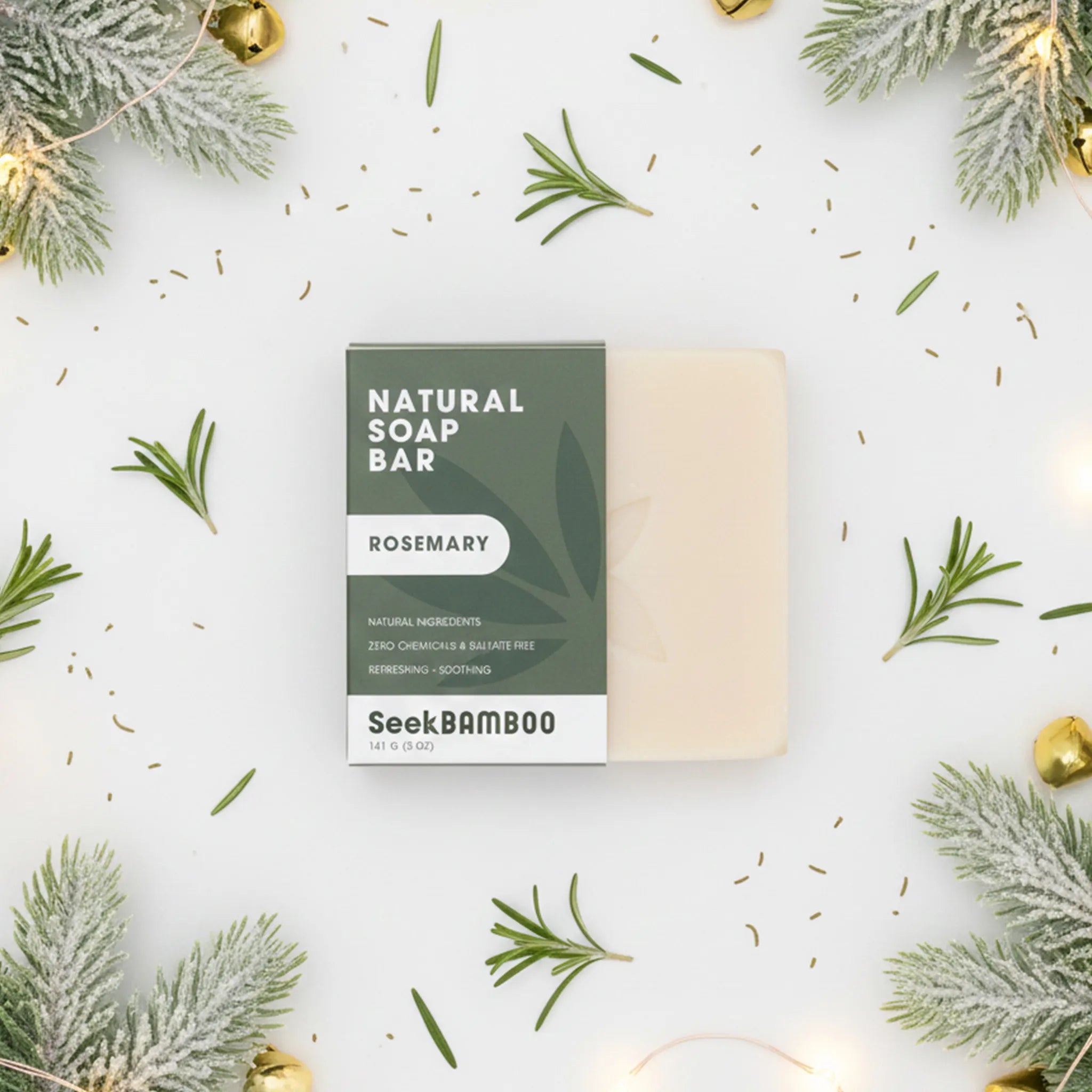

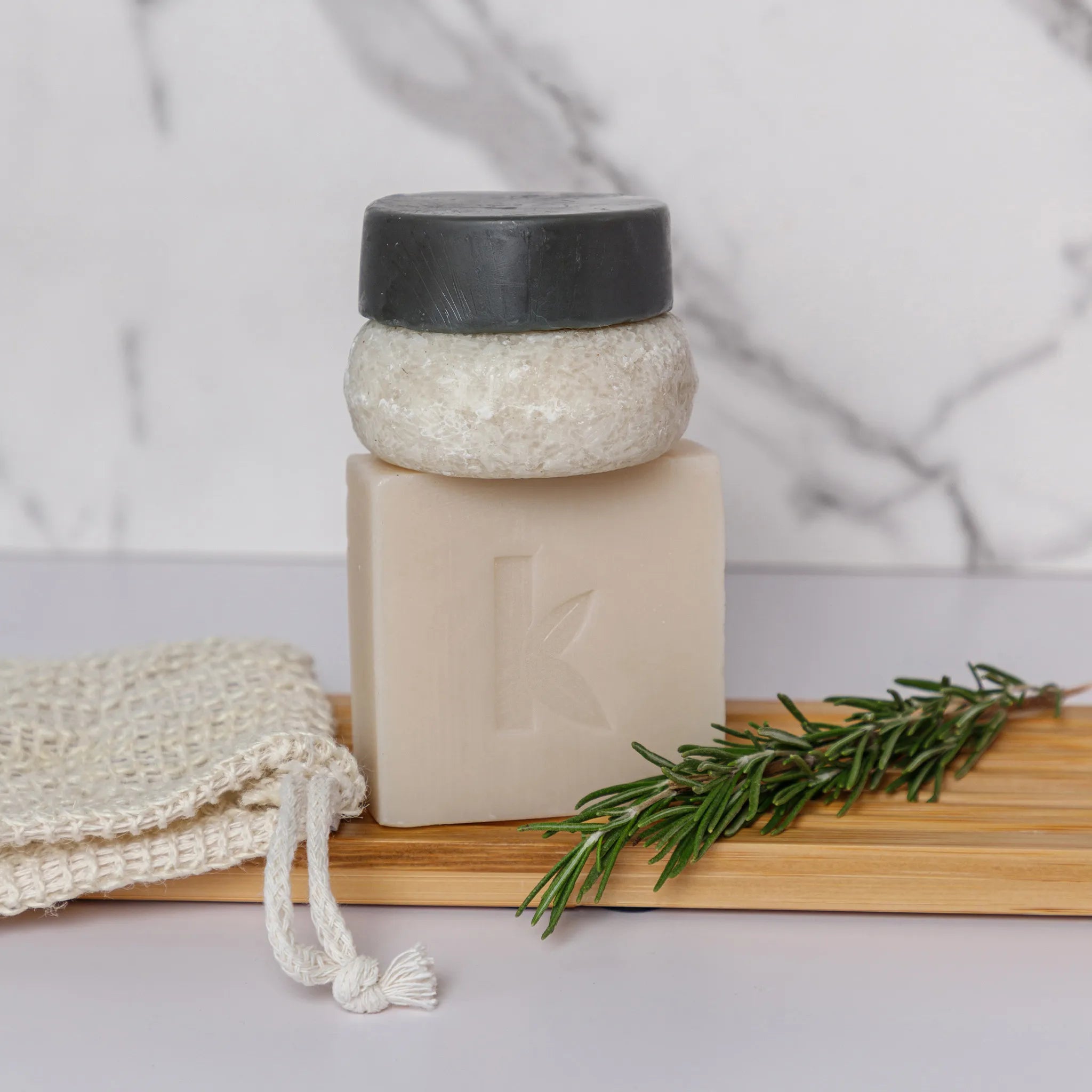


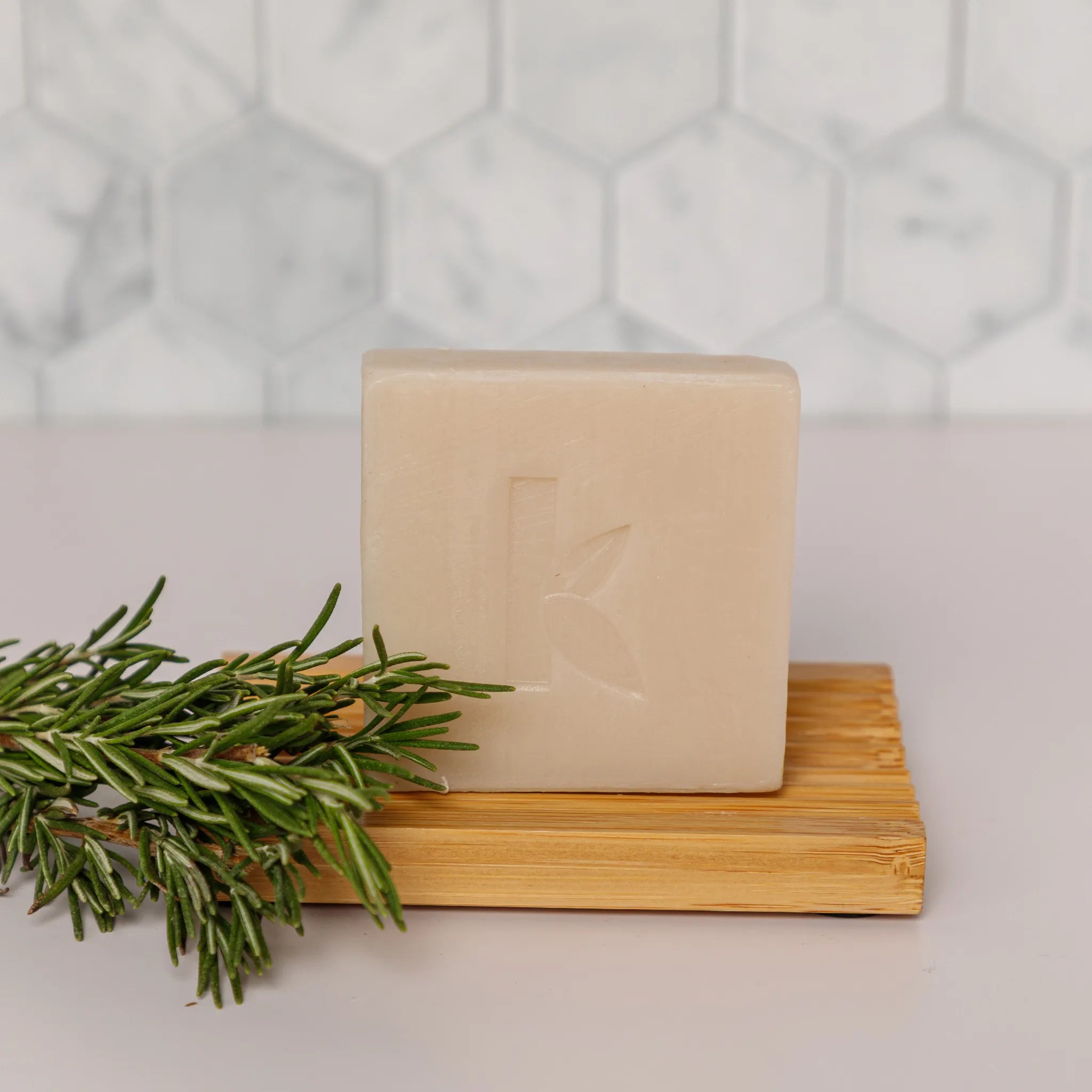

Digestive Health
Rosemary has long been used in herbal medicine to support digestive health. It stimulates the production of bile, which aids in the digestion of fats and helps reduce symptoms of indigestion, bloating, and gas. Rosemary can also help regulate gut flora and relieve stomach cramps, making it a must-have for those prone to digestive discomfort.
To harness rosemary’s digestive benefits:
- Rosemary Tea: Brew fresh rosemary leaves in hot water for 5-10 minutes to create a soothing herbal tea. Drinking this tea after meals can help reduce bloating, ease indigestion, and support overall digestive health.
- Culinary Uses: Incorporate rosemary into your cooking, especially in dishes that include rich, fatty foods. The herb’s ability to stimulate digestion will make these meals easier on your stomach while adding a delightful flavor.
Culinary Uses of Rosemary
Rosemary is not only a versatile herb in wellness and beauty but also a culinary gem. Its robust, earthy flavor can elevate a variety of dishes, from savory meals to unique sweet treats. Whether you’re using it fresh or dried, rosemary adds a fragrant depth to your cooking. Let’s explore some of the best ways to incorporate rosemary into your kitchen:
Best Dishes to Incorporate Rosemary
Rosemary's bold, pine-like aroma complements a wide range of savory dishes. Here are a few popular ways to use rosemary in cooking:
- Roasted Meats: Rosemary pairs exceptionally well with roasted meats like chicken, lamb, and pork. Its earthy notes add depth to the flavors, especially when roasted with garlic, olive oil, and lemon. Try inserting fresh rosemary sprigs inside a chicken before roasting or rubbing dried rosemary into a lamb roast for added flavor.
- Potatoes and Vegetables: One of the simplest yet most delicious ways to enjoy rosemary is by roasting it with potatoes. Toss potatoes in olive oil, sprinkle with salt, pepper, and rosemary, and roast until crispy. It also works well with roasted carrots, squash, and root vegetables, adding a fragrant touch.
- Bread and Focaccia: If you love homemade bread, rosemary is the perfect addition. Sprinkle fresh or dried rosemary on focaccia dough with sea salt and olive oil before baking, or knead rosemary directly into the dough for a subtle herb flavor throughout.
- Soups and Stews: Rosemary enhances hearty soups and stews with its rich, woodsy flavor. Add it to slow-cooked dishes like beef stew, chicken soup, or vegetable broth for an aromatic and comforting meal.
- Sweet Treats: Believe it or not, rosemary can be used in desserts too! Try adding a sprig of rosemary to shortbread cookies, cakes, or even lemon bars for a surprising and delicious twist. The herb’s strong flavor pairs wonderfully with citrus, honey, and vanilla.
How to Make Rosemary-Infused Oils, Vinegars, and Teas
Rosemary can be preserved and used in many forms to enjoy its flavor year-round. Here’s how to create your own rosemary-infused oils, vinegars, and teas:
- Rosemary-Infused Oil: Rosemary-infused oil is perfect for drizzling over roasted vegetables, dipping bread, or using as a salad dressing base. To make it, simply heat a cup of olive oil in a pan until warm (but not boiling), add a few sprigs of fresh rosemary, and let the oil simmer for a few minutes. Remove from heat, cool, and store in an airtight container. The oil will keep for about a month in the fridge.
- Rosemary Vinegar: Rosemary-infused vinegar makes an excellent base for salad dressings, marinades, and pickles. To make it, place fresh rosemary sprigs in a clean glass jar and cover them with white wine vinegar or apple cider vinegar. Seal the jar and let it steep for 2-4 weeks in a cool, dark place. Strain the rosemary and transfer the vinegar to a new bottle. The result is a fragrant, herbaceous vinegar perfect for culinary uses.
- Rosemary Tea: Rosemary tea is not only delicious but also beneficial for digestion and cognitive function. To make it, steep fresh or dried rosemary leaves in boiling water for 5-10 minutes. Strain and enjoy it as is, or add honey and lemon for extra flavor. This soothing tea can be enjoyed after meals or any time you want a warm, herbal pick-me-up.
Rosemary in Herbal Medicine
Rosemary has been cherished for its healing properties for centuries, finding its place in various traditional remedies and natural health practices. Its potent blend of antioxidants, anti-inflammatory compounds, and essential oils makes it a staple in herbal medicine across many cultures. In modern times, scientific research is starting to catch up with what ancient healers already knew: rosemary has incredible medicinal potential.
Traditional Uses of Rosemary in Natural Remedies
Throughout history, rosemary has been a go-to herb for a wide range of ailments. In ancient Greece and Rome, it was commonly used to improve memory and treat digestive issues. Herbalists in the Middle Ages believed that rosemary could help ward off illness, purify the air, and protect against the plague.
Some of the key traditional uses of rosemary include:
- Memory Enhancement: Historically, rosemary was used to strengthen memory and mental clarity. It was often burned as incense during study or work to boost focus, a practice still embraced today in aromatherapy.
- Digestive Aid: Rosemary has long been used to relieve indigestion, gas, and bloating. Its ability to stimulate bile production makes it an effective natural remedy for those suffering from sluggish digestion or liver problems.
- Pain Relief: The anti-inflammatory properties of rosemary have been utilized for centuries to treat joint pain, muscle aches, and even headaches. Topical applications, like rosemary-infused oils or poultices, were commonly used to alleviate these symptoms.
- Respiratory Health: Traditionally, rosemary was also used as a treatment for respiratory issues, including colds, asthma, and bronchitis. Inhalation of rosemary steam was believed to clear the lungs and sinuses, acting as a natural decongestant.
Modern Scientific Research on Rosemary's Medicinal Uses
In recent years, modern science has validated many of the traditional uses of rosemary. Studies have shown that the herb’s potent bioactive compounds—such as rosmarinic acid, carnosic acid, and cineole—contribute to its wide-ranging health benefits.
Here are some of the key medicinal uses of rosemary supported by current research:
- Cognitive Function: Modern studies have shown that rosemary may indeed enhance cognitive performance, particularly in memory retention and focus. Research has demonstrated that both inhalation of rosemary essential oil and oral consumption of rosemary extracts can improve memory and concentration.
- Antioxidant and Anti-inflammatory Effects: Rosemary is rich in antioxidants that help combat oxidative stress, which is linked to aging and chronic diseases. Its anti-inflammatory properties, largely due to compounds like rosmarinic acid, make rosemary a potential natural treatment for inflammatory conditions such as arthritis and chronic pain.
- Antimicrobial and Antibacterial Properties: Rosemary’s essential oils contain compounds that have been shown to exhibit strong antibacterial and antifungal effects. This makes rosemary useful not only in skincare to combat acne-causing bacteria but also as a natural preservative in foods.
- Digestive Health: Scientific studies support the traditional use of rosemary for digestive health, showing that rosemary extracts can stimulate bile flow and improve digestion. This can help with issues like indigestion, bloating, and gallbladder dysfunction.
- Neuroprotective Benefits: Rosemary’s powerful antioxidants are being studied for their potential neuroprotective effects, particularly in preventing neurodegenerative diseases like Alzheimer’s and dementia. Some research suggests that rosemary may protect brain cells from damage and improve overall brain health.
- Cancer Research: Preliminary studies have indicated that rosemary may have anti-cancer properties due to its ability to reduce oxidative stress and inflammation. Some studies suggest that rosemary extract can inhibit the growth of certain cancer cells, though more research is needed in this area.

Growing Rosemary at Home
Growing rosemary at home is a rewarding experience, whether you’re cultivating it indoors in a small pot or planting it outdoors in your garden. Rosemary is a hardy, low-maintenance plant that thrives in a variety of climates, making it accessible to both beginner and seasoned gardeners. With its evergreen nature and fragrant leaves, rosemary adds both beauty and function to any space. Here’s how you can grow, harvest, and store rosemary for long-term use.
Tips for Planting and Growing Rosemary Indoors and Outdoors
- Choosing the Right Location: Rosemary loves sunlight, so whether you're growing it indoors or outdoors, be sure to place it where it will receive at least 6-8 hours of direct sunlight each day. For indoor plants, a sunny windowsill is perfect. Outdoors, rosemary thrives in garden beds or containers in a sunny, well-drained location.
- Soil and Drainage: Rosemary prefers slightly alkaline, well-drained soil. If growing in pots, make sure the container has good drainage to avoid waterlogged roots, which can lead to root rot. A potting mix designed for cacti or succulents works well because it provides the drainage rosemary needs.
- Watering: One of the great things about rosemary is that it’s drought-tolerant. Water the plant deeply, but allow the soil to dry out between watering. Overwatering can be harmful, so if you’re unsure, it’s better to underwater than overwater.
- Growing Rosemary Indoors: Indoor rosemary requires a bit more attention to light and humidity. Make sure it’s placed in a sunny location and rotate the pot regularly so all sides of the plant get exposure to light. Rosemary can struggle with indoor heating systems that dry out the air, so consider misting the plant occasionally or placing it near a humidifier during winter months.
- Outdoor Care: In colder climates, rosemary can be grown outdoors during the warmer months and brought indoors in winter. If you live in a region with mild winters, rosemary can survive outdoors year-round, as it’s hardy to about 20°F (-6°C). Mulching around the base of the plant can help protect its roots from frost.
How to Harvest, Dry, and Store Rosemary for Long-Term Use
- Harvesting Rosemary: Rosemary can be harvested year-round, but it’s best to do so in the morning after the dew has dried for maximum flavor. To harvest, use sharp scissors or pruning shears to cut off a few inches of the stem from the top. Be careful not to remove more than a third of the plant at a time to ensure it continues growing healthily.
- Drying Rosemary: If you have more rosemary than you can use fresh, drying it is a great way to preserve its flavor for months. There are two easy methods for drying rosemary:
- Air Drying: Bundle a few stems together and hang them upside down in a well-ventilated, dry area away from direct sunlight. This can take about 10-14 days.
- Oven Drying: For a quicker option, spread the rosemary sprigs on a baking sheet and place them in the oven on the lowest setting. Leave the oven door slightly ajar to let moisture escape. This method usually takes 2-4 hours.
- Storing Dried Rosemary: Once dried, remove the leaves from the stems by gently running your fingers along the stem. Store the leaves in an airtight container, away from light and heat, to maintain their potency. Dried rosemary can last up to a year, making it a fantastic pantry staple.
- Freezing Rosemary: If you prefer to freeze rosemary, chop it into small pieces and place it in an ice cube tray with olive oil or water. Once frozen, transfer the cubes to a freezer bag. This method preserves both flavor and nutrients, and you can pop a rosemary cube into soups or dishes whenever needed.
Rosemary Essential Oil
Rosemary essential oil is one of the most potent and versatile forms of rosemary, offering a wide range of benefits for both body and mind. Whether applied topically, inhaled, or diffused in your living space, rosemary essential oil can be used for everything from improving cognitive function to relieving muscle tension. Let’s dive into the numerous benefits of rosemary essential oil and how to properly use it in your daily wellness routine.
Benefits of Rosemary Essential Oil
Topical Application of Rosemary
When diluted with a carrier oil, rosemary essential oil can be applied directly to the skin to address various concerns, including muscle pain, joint stiffness, and skin irritation. Its anti-inflammatory and analgesic properties make it an excellent remedy for conditions like arthritis, muscle soreness, and even headaches. For hair care, rosemary oil can be massaged into the scalp to stimulate hair growth, reduce dandruff, and improve overall scalp health.
Inhalation of Rosemary
Inhaling rosemary essential oil is a simple yet powerful way to benefit from its uplifting and clarifying properties. Research has shown that inhaling the aroma of rosemary oil can improve memory retention, focus, and mental clarity. It’s a popular choice for students or professionals looking to boost concentration and cognitive performance during study or work sessions. Additionally, rosemary's refreshing scent helps relieve stress, anxiety, and mild depression.
Diffusing Rosemary
Diffusing rosemary essential oil in your home or workspace can create an invigorating atmosphere that supports mental clarity and relaxation. The scent of rosemary can help lift your mood, reduce mental fatigue, and create a stimulating environment that encourages productivity. Rosemary oil can also be combined with other essential oils like lavender or eucalyptus to create a balanced, calming yet energizing blend for aromatherapy.
How to Properly Dilute and Use Rosemary Essential Oil
Because rosemary essential oil is highly concentrated, it’s crucial to dilute it before applying it to your skin or using it in a bath. Here’s a guide on how to safely use rosemary essential oil for different purposes:
Diluting for Topical Use
Always mix rosemary essential oil with a carrier oil such as coconut oil, olive oil, or jojoba oil. A good rule of thumb is to use 2-3 drops of rosemary essential oil for every teaspoon of carrier oil. This diluted blend can be used for massaging sore muscles, relieving joint pain, or promoting hair health by applying it to the scalp.
- For Hair Growth: Mix 2-3 drops of rosemary essential oil with a tablespoon of a carrier oil like jojoba or coconut oil. Massage it gently into your scalp for about 5-10 minutes, then rinse out. Doing this 1-2 times a week can help stimulate hair follicles and promote thicker, healthier hair.
- For Muscle and Joint Pain: Combine 3-4 drops of rosemary essential oil with a carrier oil and massage it into the affected areas. The oil’s anti-inflammatory properties help alleviate pain and tension.
Using in Diffusers
To create an energizing atmosphere, add 3-5 drops of rosemary essential oil to your diffuser. This can be especially helpful during periods of mental fatigue, study, or creative work. Combine with oils like peppermint for focus or lavender for a calming balance. Diffusing rosemary oil can also help purify the air, offering a refreshing environment for both your mind and body.
Inhalation for Quick Relief
For quick inhalation, place a drop of rosemary oil on a tissue or your palms, cup your hands around your nose, and inhale deeply. This method is perfect for boosting concentration or relieving stress on the go. You can also add a few drops to a bowl of hot water, cover your head with a towel, and inhale the steam for a few minutes to clear your sinuses and improve respiratory health.
Bathing with Rosemary Essential Oil
Add 5-7 drops of rosemary essential oil to a warm bath, along with a cup of Epsom salts, for a deeply relaxing experience. The oil’s anti-inflammatory properties can help relieve sore muscles, while the calming scent works to alleviate mental stress and anxiety.
The Timeless Power of Rosemary
Rosemary is more than just a fragrant herb used to flavor dishes—it is a timeless symbol of wellness, healing, and vitality. From its ancient history as a memory enhancer and digestive aid to its modern uses in natural skincare, hair care, and aromatherapy, rosemary continues to be a versatile and powerful herb that enhances our daily lives.
We’ve explored the health benefits of rosemary, discovering its ability to promote hair growth, improve skin health, boost mental clarity, and reduce inflammation. As an essential oil, rosemary offers a myriad of uses, from diffusing for focus and relaxation to topical applications that relieve pain and stimulate hair follicles. Whether you’re crafting DIY skincare products, adding a touch of nature to your culinary creations, or growing your own rosemary at home, the herb’s uses are endless.
Through traditional herbal medicine and modern scientific validation, rosemary has proven itself as a natural powerhouse. Growing this herb at home and making use of its essential oils opens the door to a sustainable, healthy lifestyle. From improving digestion to enhancing beauty routines and promoting cognitive health, rosemary stands out as an essential part of any wellness routine.
Incorporating rosemary into your everyday life means embracing a holistic approach to health and well-being—one that connects you with nature’s wisdom and supports both body and mind. Whether it’s through a rosemary shampoo bar, a warm cup of rosemary tea, or simply enjoying its fresh aroma in your home, this herb continues to enrich our lives, just as it has for centuries.
Herbal Rosemary FAQs
Everything About Benefits and Uses Of Rosemary
What Are the Health Benefits of Rosemary?
Rosemary offers numerous health benefits, including improving digestion, reducing inflammation, and boosting cognitive function. It's rich in antioxidants and anti-inflammatory compounds, which may help reduce the risk of chronic diseases. Additionally, rosemary oil is known to enhance hair growth and alleviate scalp issues like dandruff.
How Can I Use Rosemary for Hair Growth?
Rosemary is a natural remedy for promoting hair growth and preventing hair loss. You can use rosemary essential oil by mixing a few drops with a carrier oil, such as coconut or jojoba oil, and massaging it into your scalp. This stimulates blood circulation and strengthens hair follicles. You can also find rosemary-infused shampoo bars that are gentle on the hair while providing these benefits.
Can Rosemary Help Improve Memory and Concentration?
Yes, studies suggest that the aroma of rosemary can enhance cognitive performance. Inhaling rosemary essential oil has been linked to improved memory retention and mental clarity. You can diffuse rosemary oil in your workspace or add a few drops to a handkerchief for a quick mental boost.
Is Rosemary Good for Skin Care?
Absolutely! Rosemary has antimicrobial and anti-inflammatory properties that can help reduce acne and soothe irritated skin. It also promotes circulation, which can improve skin tone and reduce puffiness. Many skincare products feature rosemary as a key ingredient for its anti-aging and healing effects.
What Are the Culinary Uses of Rosemary?
Rosemary is widely used in cooking to enhance the flavor of dishes, especially meats, vegetables, and breads. It adds an earthy, aromatic flavor to roasts, soups, and stews. You can also make rosemary-infused oils or teas for a more subtle use in recipes.
How Do I Grow Rosemary at Home?
Rosemary is relatively easy to grow both indoors and outdoors. It thrives in well-drained soil and requires plenty of sunlight. Make sure not to overwater it, as rosemary prefers dry conditions. You can grow it in pots for convenience or plant it directly in your garden for a beautiful, aromatic addition.
Can I Use Rosemary Essential Oil Directly on My Skin?
Rosemary essential oil is highly concentrated, so it should always be diluted with a carrier oil, such as olive or almond oil, before applying it to the skin. Undiluted essential oils can cause skin irritation, especially for those with sensitive skin.
What Are the Side Effects of Using Rosemary?
Rosemary is generally safe when used in moderation, but it can cause allergic reactions or skin irritation in some people. Pregnant or breastfeeding women should avoid using rosemary oil in high amounts, and individuals with epilepsy should be cautious with its use due to its stimulating effects.
Can Rosemary Be Used to Treat Dandruff?
Yes, rosemary is effective in treating dandruff due to its antifungal and antimicrobial properties. It helps reduce scalp irritation and flaking by promoting healthy skin regeneration. You can use rosemary oil or a rosemary shampoo bar to address dandruff issues.
How Do I Make Rosemary-Infused Oil?
To make rosemary-infused oil, take fresh or dried rosemary sprigs and immerse them in a high-quality carrier oil like olive oil. Seal the container and let it sit in a cool, dark place for 2-4 weeks. After that, strain the rosemary out and use the oil for cooking or as a beauty product.
Is Rosemary Safe for Pets?
In small amounts, rosemary is generally safe for dogs and cats. It’s often used in pet shampoos and foods due to its antioxidant properties. However, rosemary essential oil should never be applied directly to pets, as it can cause skin irritation or even toxicity in large amounts.
How Does Rosemary Help with Digestion?
Rosemary has been used traditionally to aid digestion and alleviate symptoms like indigestion, bloating, and gas. It helps stimulate the production of bile, which is essential for the digestion of fats. Drinking rosemary tea after meals is a simple way to support digestive health.
Can I Drink Rosemary Tea Every Day?
Drinking rosemary tea daily in moderate amounts is generally safe and can offer several health benefits, such as improved digestion, enhanced memory, and reduced inflammation. However, excessive consumption may lead to adverse effects, such as nausea or stomach upset. It’s best to enjoy rosemary tea in moderation.
How Can I Incorporate Rosemary Into My Daily Routine?
You can incorporate rosemary into your daily life in various ways. Use rosemary essential oil in diffusers to improve focus and memory, add fresh rosemary to meals for flavor and health benefits, or make homemade skincare products like toners and face masks. Rosemary hair care products, such as shampoo bars or hair oils, can also be part of your routine for healthier hair.





